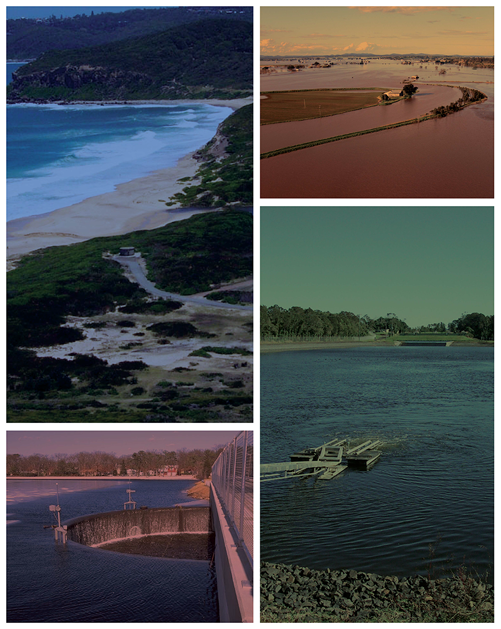The Panel has published its event calendar to June 2010 with the following events:
- 2nd March 2010: Networking Event
- 23rd March 2010: Highlights of HWRS Newcastle
- 27th April 2010: River protection works, To Groyne or not to Groyne
- 25th May 2010: Blockage
- 22nd June 2010: Dirty Boring tides
As usual these events are held at the EA Chatswood Auditorium and a map of this venue is available on the events page.
The organising committee also holds monthly meetings in a very relaxed format. These are generally held in the Sydney CBD starting at (or close to) 6pm and are currently scheduled for:
- 6th April 2010
- 4th May 2010
- 1st June 2010
If you are interested in attending, please contact a member of the committee via email or have a chat at the next event.


